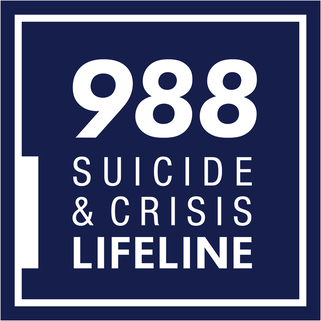|
The Brain Injury Association of America (BIAA) defines traumatic brain injury (TBI) as “an alteration in brain function, or other evidence of brain pathology, caused by an external force.” Every year there are approximately 2.5 million ER visits, hospitalizations, or deaths associated with TBI in the United States. The leading cause of TBIs between 2006-2010 was falls. There are an estimated 1.6 to 3.8 million sports-related TBIs annually, however, only 300,000 result in loss of consciousness.
Traumatic brain injuries can occur without the loss of consciousness. Due to this fact, as well as lingering mental health stigmas, people do not always seek treatment. Symptoms of a TBI may not appear for several days following the injury. Post-concussion syndrome (PCS) occurs 7 to 10 days after a TBI and can last for weeks, months, a year or even longer in some individuals. The severity of the injury does not correlate to the duration of PCS or type of symptoms experienced. The TBI symptoms fall into four categories: physical, cognitive, sleep, and emotional. 1. Physical Symptoms:
2. Cognitive Symptoms:
3. Sleep Disturbance:
4. Neuropsychiatric Conditions Associated with TBI:
Personality changes include:
The mental health of patients with TBI may be greatly impacted. Neuroimaging techniques, biological markers, and neurological/cognitive screening could result in earlier detection and treatment of TBI, improving the outcome for these patients in the future.
1 Comment
12/17/2018 07:42:41 am
Concussion affects the brainbox badly. It is a mild form of brain slash. It lasts only for a few days. But its negative impact on the brain lasts for a longer period of time. Sometimes, the effects can last for decades. Initially, it makes the person less tentative and keeps him away from doing mental exercises. As long as you are suffering from concussion, you can't be mentally stable. Better you consult a seasoned consultant when you don't feel psychologically well, as he can give you the right recommendation to overcome this malady.
Reply
Leave a Reply. |
|
Please DO NOT use this email address for medication refill requests or for emergency situations.
Click here for refill requests instead of using email: Medication Refill Request Form If you have a medical emergency, email is never the appropriate way to communicate your needs, and you should instead call 911 or go to the nearest ER. If you are having suicidal thoughts and need to speak to someone immediately, you can contact Suicide Prevention Hotline at the number (and link) below. [email protected]
Communications via email are not secure. Although it is unlikely, there is a possibility that the information you include in an email can be intercepted and read by other parties besides the person to whom it is addressed. |
|
2024 Providers for Healthy Living | All Rights Reserved
|

